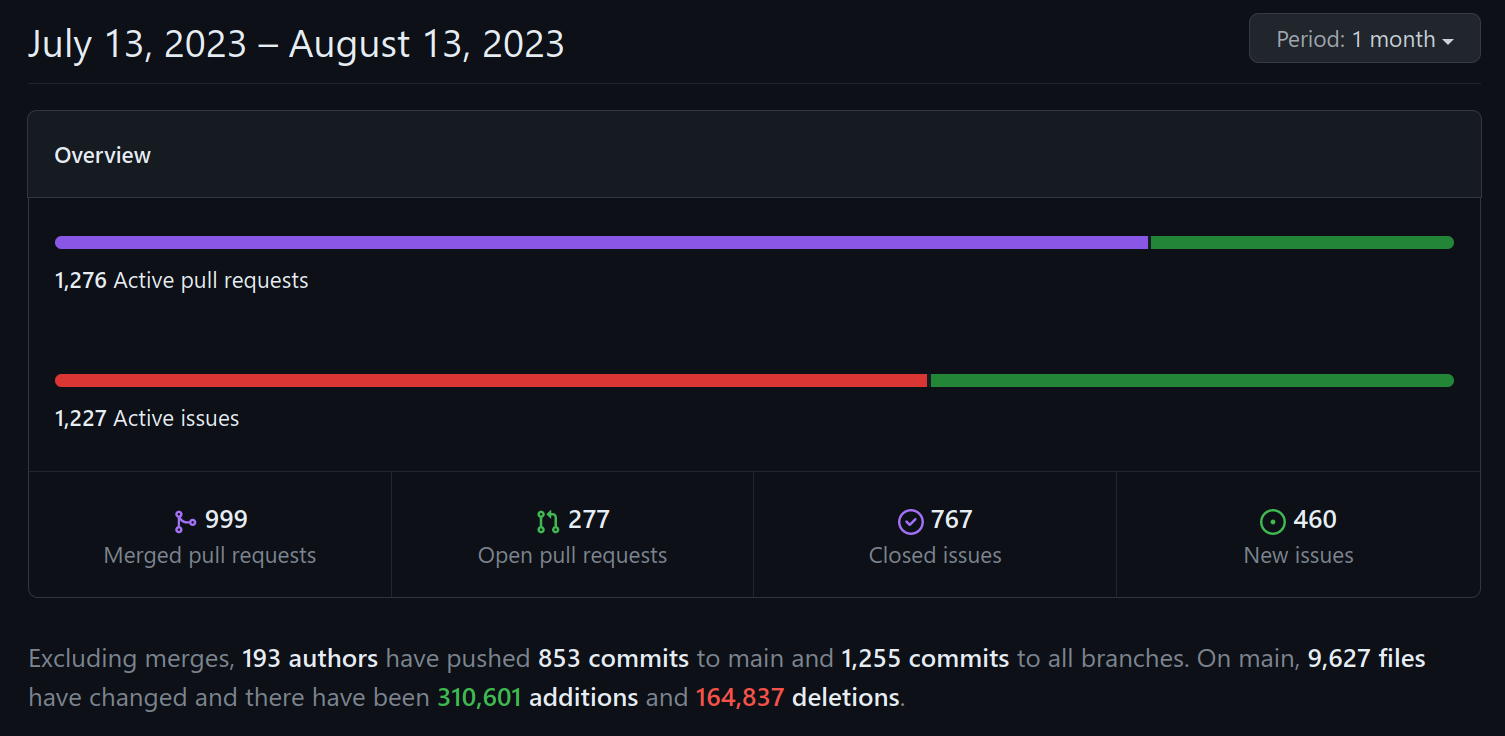Two simple rules for better and more secure code
Hello!
In one of my previous posts, "The best application security tool is education", I discussed why educating yourself or your engineers about security can yield the highest return on investment, especially if you have a limited budget. However, I understand that learning or teaching security is not as straightforward as it sounds. Every organization has its unique characteristics, and every engineer has their own distinct qualities. Moreover, internalizing secure coding practices is a time-consuming process. If you're just starting on this journey, I'm here to share two very simple rules that are easy to remember and have the potential to significantly enhance the security of the code you or your colleagues write. So, let's dive in!
